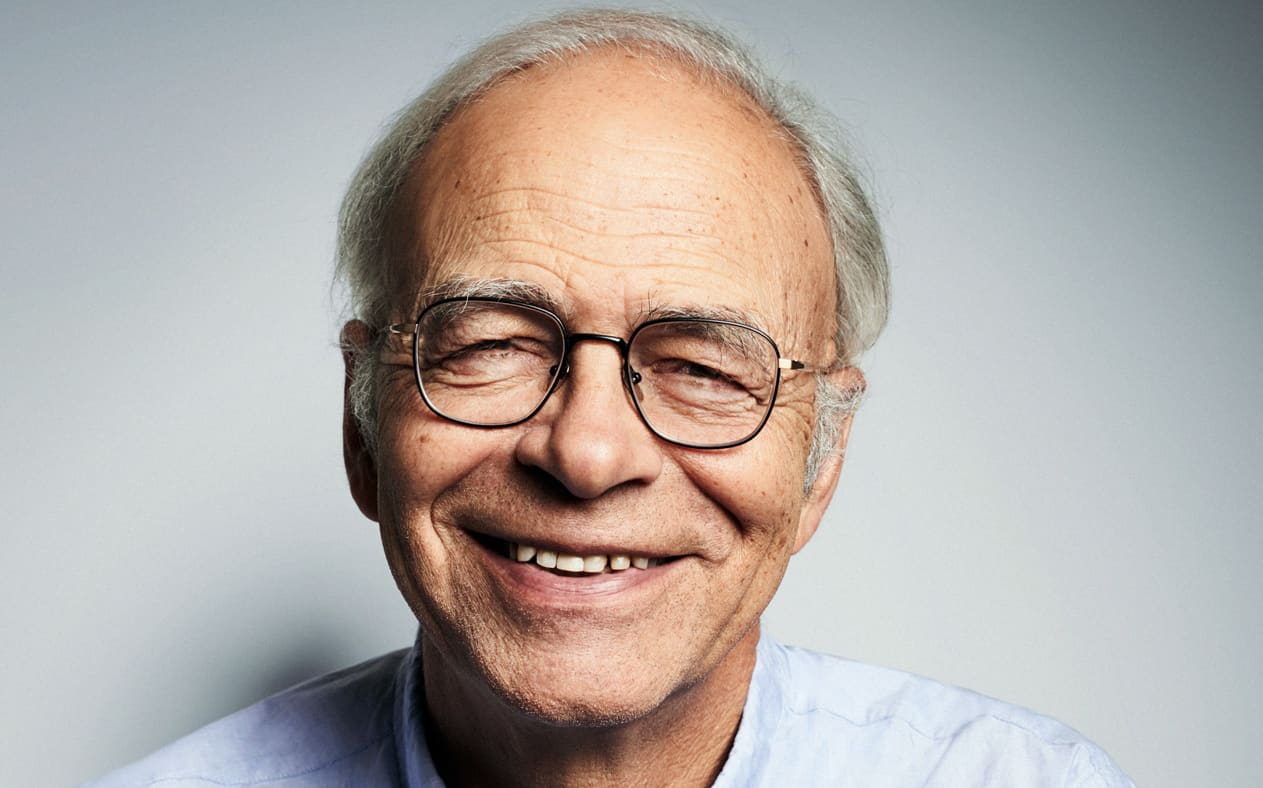Good ideas - even if they're controversial - deserve to be published, says Australian philosopher and bioethics professor Peter Singer. To this end, he's co-founded an online academic journal where people can publish under a pseudonym without fear of harassment or harm to their careers.
The Journal of Controversial Ideas is a peer-reviewed interdisciplinary academic journal. (You can read the first issue for free.)

Photo: ALLETTA
Today's journalists and academics aren't always supported by their institutions to put forth controversial ideas for debate and discussion, Singer tells Kathryn Ryan.
"That leads to a society where some topics are taboo and those taboos are not always well-grounded."
Now, more than ever before in his lifetime, Singer sees a large group of people who assert ideas that may offend disadvantaged groups deserve no place in public discourse.
As a consequentialist and a utilitarian, Singer believes there are no such hard and fast rules.
"A consequentialist believes that whether an act is right or wrong depends on its consequences. So it's not just a matter of saying 'Here's a moral rule, you must never break it no matter what'. For a consequentialist, this 'no matter what' doesn't apply because there may be some circumstances in which a rule you never normally should break you should break because there'd be very bad consequences if you adhere to the rule. The utilitarian part of it is 'what do you mean by good consequences?' and utilitarians say 'What I mean is something that reduces the amount of suffering in the world or increases the amount of happiness in the world'. We're basically talking about the well-being of people and non-human animals.
"We should be able to say 'yes it may cause some harm to some people but it's important for us to have free debate to find out what are the right views and what are the best policies for dealing with these issues?'"
Freedom of speech should not extend to protecting people's right to hate speech or any malicious incitement of violence, he says.
"[At The Journal of Controversial Ideas] we're about ideas being argued for, being put forward, on the basis of reason and evidence. We're not about people stirring emotions. And I think you can draw a line [between] what is a deliberate attempt to arouse hatred and putting forward arguments and positions."
Peter Singer is appearing in Auckland in August.

